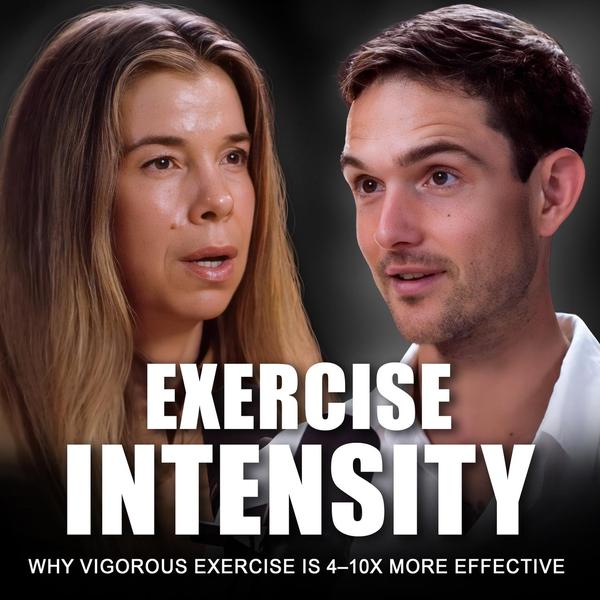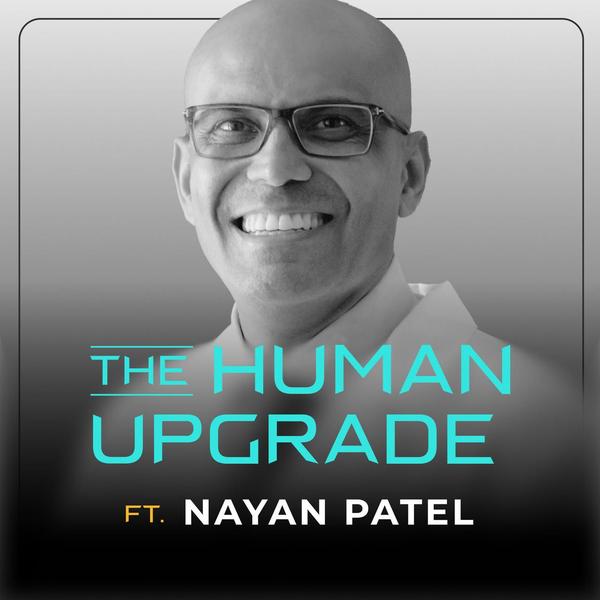#100 The Optimal Creatine Protocol for Strength, Brain, and Longevity | Darren Candow, PhD
Rhonda Patrick
Mar 31, 2025
Mindsip insights from this episode:
Choose Creapure for high-quality creatine monohydrate
Creapure, a German-made creatine monohydrate, is mentioned as a high-quality, third-party tested, and pure form of creatine.
Leverage creatine for anti-inflammatory benefits in endurance training
Creatine's anti-inflammatory and recovery benefits are most evident in long-duration aerobic exercises like marathons, rather than traditional intermittent weight training.
Preserve bone density with creatine supplementation
Creatine supplementation at 8 grams per day doesn't build new bone mineral density but has been shown to preserve it by reducing breakdown, particularly in the hip region.
Increase creatine dosage to enhance cognitive function under stress
For cognitive benefits, especially under stress, a higher dose of 10-20 grams per day is more effective at crossing the blood-brain barrier than the standard 3-5 grams.
Take high dose creatine to combat cognitive decline from stress
Taking an acute high dose of creatine, around 20 grams, can help offset the cognitive decline from stressors like sleep deprivation or jet lag.
Enhance sleep duration with creatine supplementation on training days
In a study on resistance-training females, creatine supplementation was found to significantly increase total sleep duration on the days they trained.
Utilize creatine safely to enhance agility and coordination in children
Contrary to popular belief, research shows no adverse effects of creatine in children and it may improve agility and coordination, with a dose of 2-3 grams per day considered viable.
Take creatine with food to enhance absorption and minimize side effects
To prevent GI tract irritation from creatine monohydrate, take it with food, which seems to improve absorption and reduce side effects.
Separate creatine from high-dose caffeine for optimal results
High doses of caffeine, over 250mg, may interfere with creatine's cellular action, so it is best to avoid taking them together.
More from
Rhonda Patrick
#108 The Best Type of Exercise for Longevity
#104 Dr. Ben Bikman: How To Reverse Insulin Resistance Through Diet, Exercise, & Sleep
#103 A Deep Dive on Using Coffee For Health & Longevity (Full Guide & Research)
#102 Why Vitamin D Deficiency Accelerates Brain Aging
#101 Dr. Andy Galpin: The Optimal Diet, Supplement, & Recovery Protocol for Peak Performance
You also might be interested in
I Tried $50 Brain Boosting Powder
Everything You Need To Know About SEED OILS (Including One Cool "Trick" To Make Them Less Damaging), With Dr. Nick Norwitz
A Supplement ACTUALLY Proven to Prevent Cancer!
Are Urolithin A Longevity Supplements worth your Money? [New Study]
The Real Reason Your Face Is Aging So Fast
















